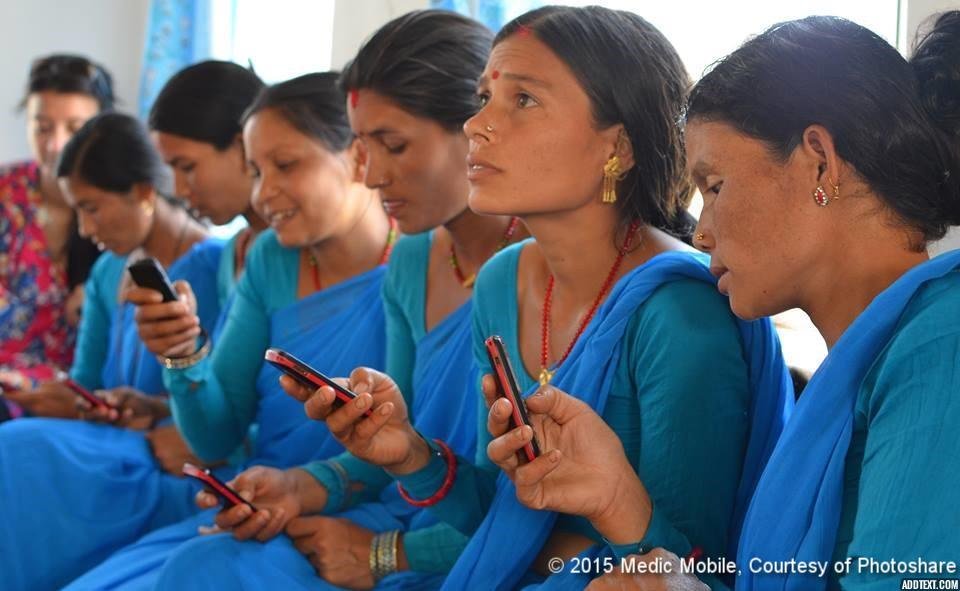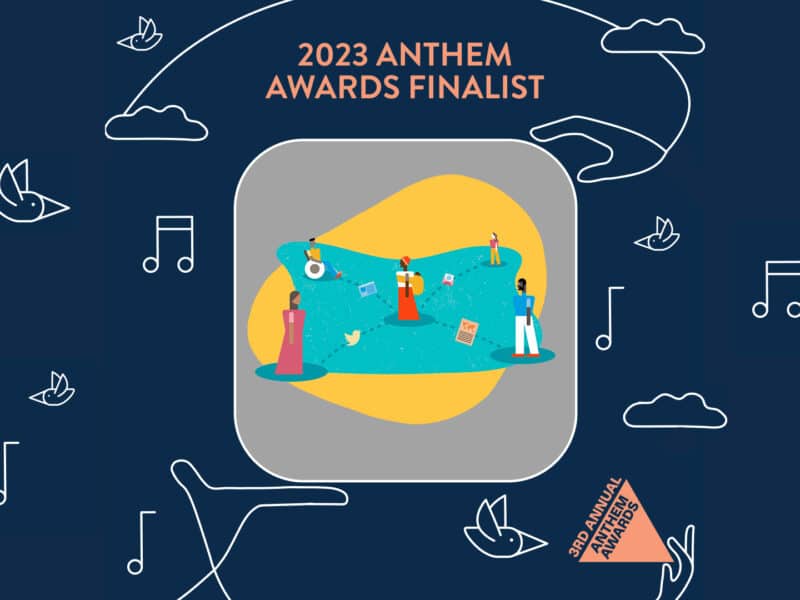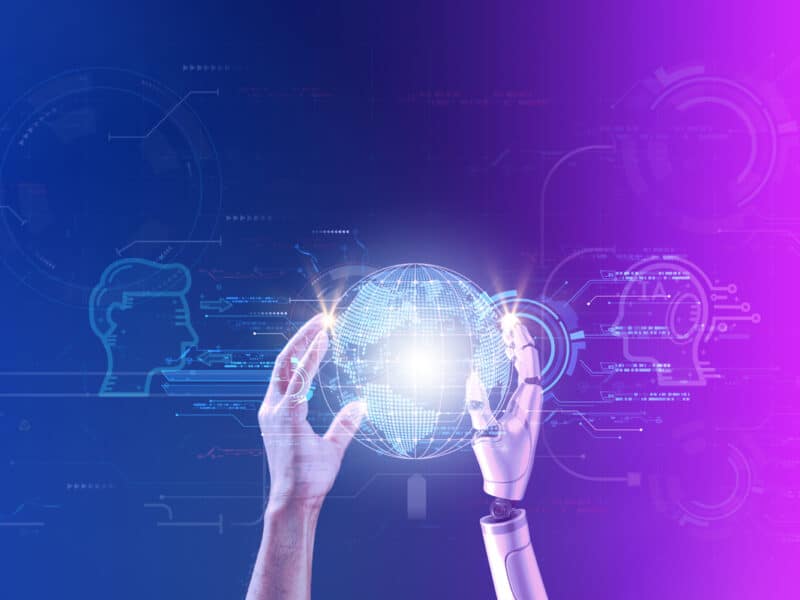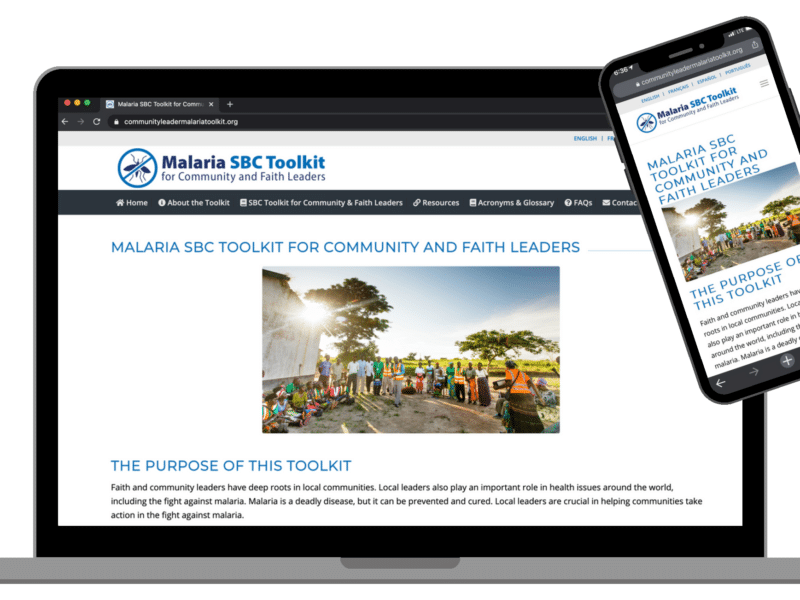We are living in a digital age. Inexpensive technologies and investments in low-cost or open-access platforms, combined with political will and private sector engagement, have unlocked new opportunities to use digital tools to improve health and wellbeing for millions of people.
With this in mind, CCP designs digital health interventions to influence health behaviors and address the social norms, knowledge, attitudes and beliefs that drive them. We use digital health to help governments, foundations, nonprofits and other organizations:
- improve client-centered care
- enhance service delivery and health information systems
- support essential training, knowledge sharing, and coordination
- monitor, evaluate, and respond to emerging health situations
This week, CCP is excited to be showcasing our digital health work at the third annual Global Digital Health Forum (formerly the Global mHealth Forum), held on December 13-14 2016 at the Gaylord Conference Center in National Harbor, Maryland.
Several CCP staff members will present during the following sessions:
- Where Are You Placing Your Bet? The Future of Digital Health Funding from A-Z: James BonTempo, Director of ICT and Innovation
- Social Media and Health Worker Training: Jarret Cassaniti, Program Officer II
- Incorporating Entertainment Education into Your Digital Program Design: Caitlin Loehr, Health Communication Capacity Collaborative (HC3) Project Program Officer; Caroline Jacoby, Senior Program Officer; Jane Brown, Senior Program Officer
- GO/No-Go! A digital health decision-making card game: James BonTempo, Director of ICT and Innovation
- Client-side Support Tools: SMS + Mass and Mid Media to Enrich Engagement: Chancy Mauluka, Social and Behavior Change Communication (SBCC) Advisor
- Content Adaptation: Designing for the User: Amy Lee, Program Specialist; Caitlin Loehr, HC3 Project Program Officer
- Learning from Failure: Chancy Mauluka, Social and Behavior Change Communication (SBCC) Advisor
Below are a few CCP digital health projects and resources that CCP will be highlighting during our time at the Forum this week.
Adaptable Tools for Health Workers
CCP has adapted the open source mobile learning platform, OppiaMobile, into customizable apps that support frontline health workers to conduct outreach and counseling activities.
In Nigeria, iDEA (Interactive Distance Education Application) uses entertainment education videos and instructional exercises to help make providers aware of and overcome their biases toward clients. iDEA is targeted primarily at midwives in urban clinics, though many users have reported sharing the app with other colleagues. Based on feedback, the app successfully enhanced users’ ability to counsel their clients and treat them fairly.
In India, Gyan Jyoti (“Light of Knowledge”) provides learning and performance support resources that are used by Accredited Social Health Activists (ASHAs) to improve counseling on family planning and reproductive health. Research shows that clients who watched Gyan Jyoti counseling videos were 4.5 times more likely to adopt a modern family planning method.
In Pakistan, Bright Future helps Lady Health Workers (LHWs) provide tailored counseling to community members on a broad range of health issues including Maternal and Child Health, Nutrition, and Family Planning. LHWs also use Bright Future for self-paced learning to increase their own knowledge on these topics and interpersonal communication and counseling.
Direct-to-Consumer Mobile Applications
In Indonesia, CCP developed SKATA, an integrated online information platform that provides accurate information about family planning and contraceptive methods to Married Women with Reproductive Age (MWRA) and their partners. SKATA has over 80,000 downloads since it launched in October 2015.
In South Africa, CCP is partnering with HealthEnabled on the Faster to Zero initiative to reduce mother-to-child HIV transmission. Stage-based support messages are sent to expectant and new moms through the MomConnect app, with additional opt-in messages for HIV+ pregnant women. A professional help desk nurse makes outgoing calls to high-risk HIV+ women to offer support and referrals to community resources, and women can contact the help desk for free with questions.
Smart Client, a customizable mobile tool being developed by CCP’s Health Communication Capacity Collaborative (HC3) project, prepares family planning (FP) clients for active participation in FP counseling, using text-to-voice functions, SMS, skits, and quizzes and other adult learning approaches.
Global Resources
CCP co-chairs the Global Digital Health Network, a 2600+ person-strong networking forum for members from 84 countries to share information, engage with the broader community, and provide leadership in digital health for global public health.
We manage mHealthKnowledge, which connects global health professionals to networking, e-learning, and advancement opportunities in digital health.
Research and Rapid Data Collection
At the height of the Ebola epidemic in Liberia, when information was hard to come by, CCP worked with a mobile survey provider (GeoPoll) to roll out an SMS-based survey to conduct a rapid assessment of knowledge, attitudes, and behaviors to inform programmatic activities and guide further research.





